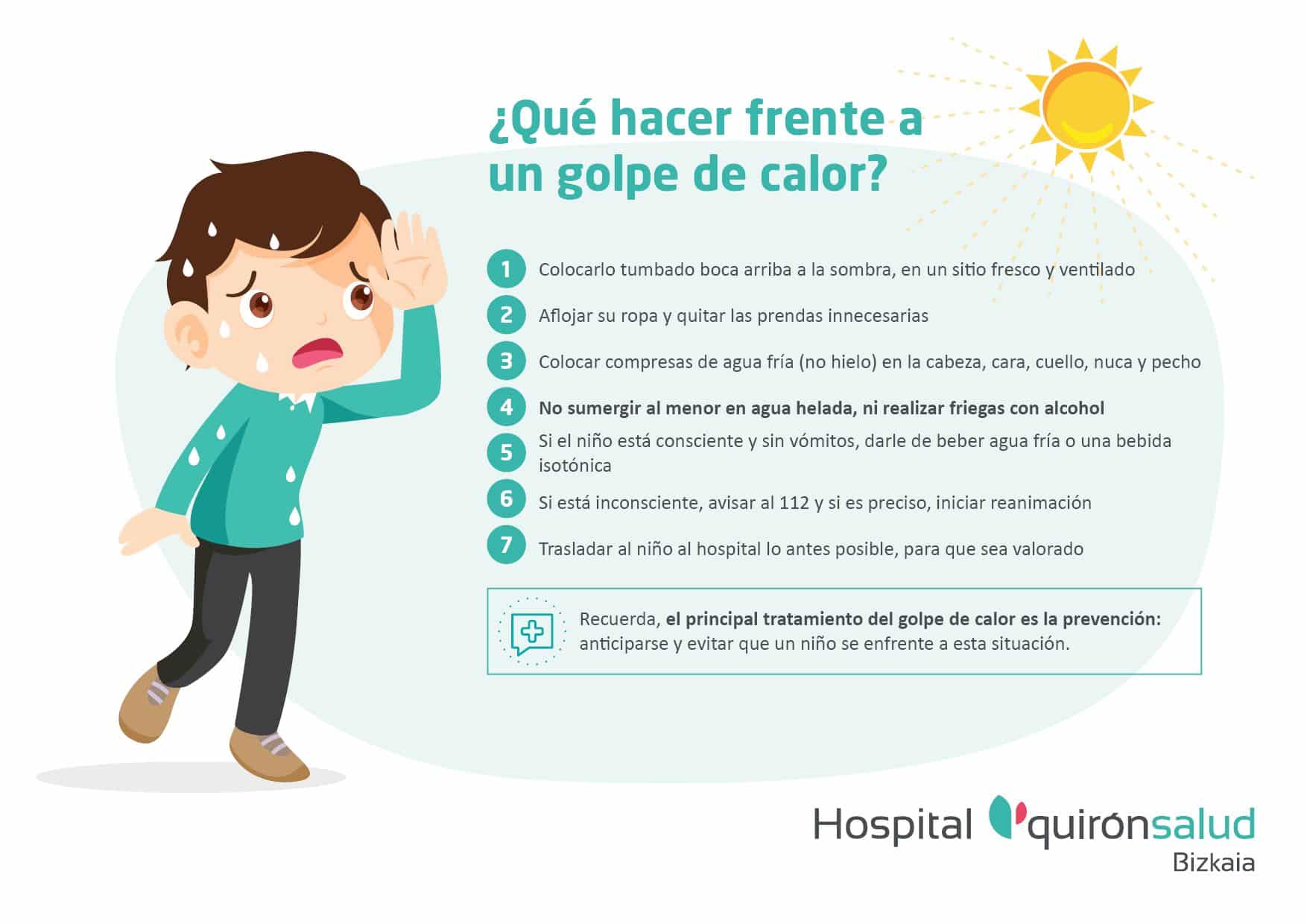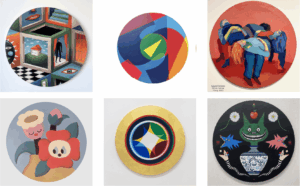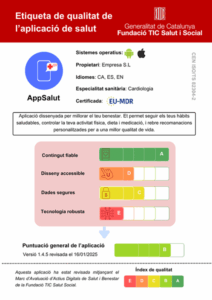Pediatrician David Rivera, a specialist at the Quirónsalud Bizkaia Hospital, warns that children under 1 year old are the most vulnerable to heat strokes during the summer season. Rivera explains that this condition is due to an excessive increase in body temperature caused by exposure to high temperatures, dehydration, or intense physical exercise.
According to data from the Spanish Pediatric Association (AEP), around 160 people, both children and adults, die each year due to heat strokes. Children are especially prone to this situation due to their lack of awareness of the risks and insufficient preventive measures. This disparity in risk perception is one of the causes of frequent conflicts between parents and children, Rivera comments.
The risk varies among infants, with children under 4 years old and, particularly, those under 1 year old being the most susceptible. “A child’s body temperature rises more quickly than an adult’s due to their lower water reserve and sweating, as well as having an immature respiratory system,” Rivera points out. The AEP indicates that a child’s body temperature can rise between 3 and 5 times faster than an adult’s, so it is crucial to be alert to certain symptoms.
Indicators of a heat stroke include dizziness, vomiting, fever over 40°C, headache, irritability, fast heartbeat, as well as dry and very hot skin, fatigue, weakness, shallow and rapid breathing, and muscle cramps. Rivera emphasizes that a heat stroke is an extreme medical emergency that can develop in a few minutes and, without immediate treatment, could be fatal.
If a child experiences a heat stroke, it is recommended to follow these steps:
1. Lay them down on their back in the shade, in a cool and ventilated place.
2. Loosen their clothing and remove unnecessary garments.
3. Apply cold water compresses (not ice) on their head, face, neck, back of the neck, and chest.
4. Avoid immersing the child in cold water or rubbing them with alcohol.
5. If the child is conscious and not vomiting, offer them cold water or an isotonic drink.
6. In case of unconsciousness, call 112 and, if necessary, begin resuscitation.
7. Take the child to the hospital as soon as possible to be evaluated by medical professionals.
It is essential for parents and caregivers to be aware of these dangers to prevent tragic situations and ensure that children stay safe and well-hydrated during the summer months.
Referrer: MiMub in Spanish












